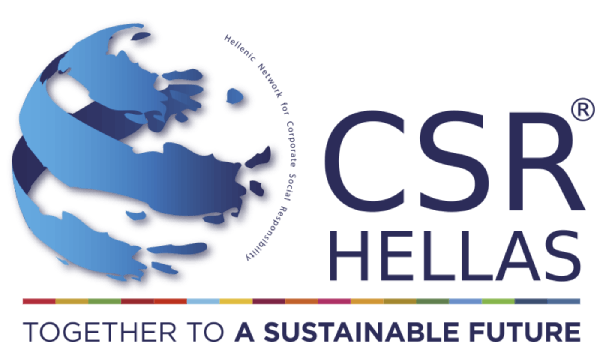On 19 January 2022, from 14:00-16:00 CET (Brussels time), CSR HELLAS is organized a virtual event on the topic “Sustainable business models: Best practices for corporate reporting of non-financial information”.
Below you will find the Concept Note of the event, which took place in English.
The European Union, through a series of legislative and other relevant initiatives, has incorporated sustainability into its planning and strategy as a priority, fostering, as a result, a new business environment.
Today, businesses are being called to adjust to this new environment, where the values of accountability and transparency have gained particular importance, in a relatively short time frame. This adjustment initially concerns large and listed companies, but smaller ones will have to follow suit shortly after too, to an extent proportional to their involvement and impact on the supply chain.
The European Financial Reporting Advisory Group (EFRAG), in the framework of a special mandate by the European Commission for the establishment of a European Sustainability Reporting Standard, recently presented a study on best reporting practices regarding business Models, Risks and Opportunities in the EU.
At the same time, the University of the AEGEAN in partnership with CSR HELLAS, conducted a study, with a team of postgraduate students, focusing on the sustainability-related references in the annual reports of listed companies in the Athens Stock Exchange.
In the context of its initiatives for keeping its members and the wider business community informed about the latest developments on the European scene, CSR HELLAS (the Hellenic Business Network for Corporate Social Responsibility and Sustainability) is organizing a virtual event on Wednesday 19 January 2022 (14:00-16:00 CET) aiming to:
- Present the contents and goals of the aforementioned report by EFRAG with regards to its practical value and the ways users (large companies) and institutional investors may benefit from it.
- Comparatively analyze the best practices that are included in the EFRAG report with those implemented in the Greek market as identified by the University of the Aegean study.
Following these presentations, a panel discussion will take place between representatives of Greek and European businesses and other stakeholders such as representatives of civil society, regarding the value of including qualitative and comparable data within sustainability reports, as well as the essence of what it means to implement a sustainable business model and how this can be communicated with stakeholders.
